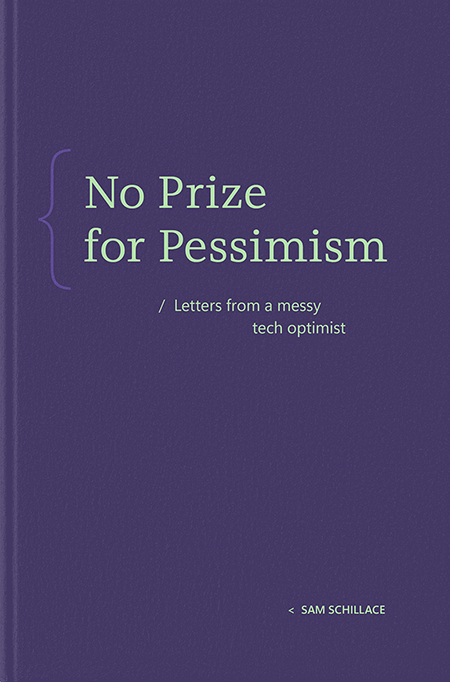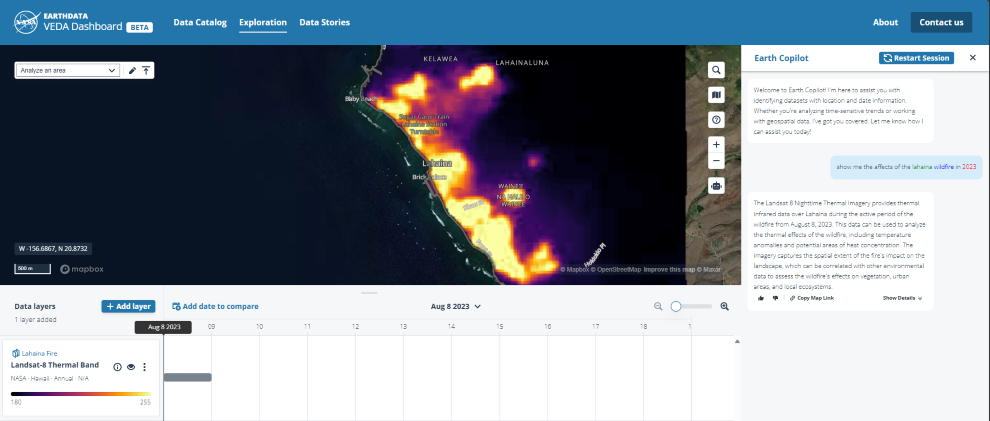Unlocking the Power of Your Data: Build Smarter Apps with AI
Hey everyone, I’m Shivam Goyal, a Microsoft Learn Student Ambassador, fascinated by the incredible world of large language models (LLMs) and tools like LlamaIndex. It’s mind-blowing how these technologies can unlock the power of information, helping us find answers and solve complex problems more efficiently than ever before. I’m excited to see how LLMs will continue to shape the future, changing how we learn, work, and interact with the world around us.
Unleashing the Power of Data with LlamaIndex
Large language models (LLMs) like ChatGPT have captivated the world with their remarkable ability to comprehend and generate human-quality text. However, effectively leveraging their capabilities for specialized applications requires bridging the gap between vast datasets and targeted user interactions. This is where LlamaIndex emerges as a game-changer, offering a robust and intuitive framework to connect your data to LLMs seamlessly.
This blog post dives into the recently released Llama-Index-Python samples on Azure, a treasure chest of resources designed to streamline your LLM application development journey. We’ll explore what LlamaIndex is, why it’s such a powerful tool, and how you can leverage the Azure samples to quickly build and deploy LLM-powered applications.
What is LlamaIndex and Why Should You Care?
Imagine having a vast library of information – research papers, technical documentation, customer reviews, internal knowledge bases – and wanting to instantly query that information in a natural, conversational way. LlamaIndex makes this possible. It acts as an intelligent intermediary between your data and the LLM, empowering you to:
Connect & Centralize: Aggregate data from a myriad of sources, including text documents, PDFs, APIs, databases, wikis, GitHub repositories, Notion workspaces, and more. No more siloed information!
Structure & Organize: Transform raw data into a structured, LLM-understandable format using various index structures like vector stores, tree indexes, and keyword tables. Think of it as building a smart, searchable index for your data.
Query & Explore: Interact with your data using natural language queries. Ask questions, seek insights, request summaries, and even generate new content, all powered by the LLM’s advanced understanding of your data.
Let’s take a closer look at how LlamaIndex processes data, often in conjunction with tools like LangChain, to create a powerful system for interacting with your information:
Data Ingestion: Start by ingesting your data, which could be in various formats like PDFs in this example.
Vector Indexing: LlamaIndex uses vector indexing, a technique to represent text data as numerical vectors. This makes it easier for the LLM to understand and compare different pieces of information.
LangChain Integration: This step highlights how LangChain can be integrated to call an embedding model. Embedding models are crucial for converting text into those numerical representations used in vector indexing.
Index Storage: Finally, the constructed vector index, representing your data in a searchable format, is stored on disk (often as a JSON file), ready to be queried.
Azure Samples: Your Fast Track to LLM Application Development
The Azure Samples repository for Llama-Index-Python provides a collection of ready-to-deploy examples that illustrate the versatility of LlamaIndex on Azure. Here’s why you should be excited:
Deployment Made Easy:
Pre-configured Environments: Forget about spending hours on setup. The samples utilize Azure services like Azure Functions, Azure Cognitive Search, and Azure Blob Storage, offering pre-configured environments to jumpstart your development.
Infrastructure as Code (IaC): Embrace modern development practices by leveraging tools like Bicep or Terraform to define and manage your infrastructure. This ensures reproducibility, scalability, and easier collaboration
A Universe of Use Cases: The repository caters to a diverse range of LLM applications, enabling you to:
Craft Intelligent Chatbots: Develop sophisticated chatbots or Q&A systems that provide accurate and context-aware responses by tapping into your knowledge base.Example of a simple web application built with LlamaIndex
Accelerate Code Development: Leverage code snippets from your repositories to generate new code, reducing boilerplate and speeding up development workflows.
Augment Your Data’s Potential: Enrich existing data, synthesize new data for testing purposes, or translate information across languages with the help of LLMs.
Create Personalized Learning: Build interactive and engaging learning experiences by connecting educational content to LLMs, offering personalized explanations, and dynamically generating quizzes or exercises.
Uncover Market Insights: Analyze market trends, customer sentiment, and competitive landscapes by processing vast amounts of market data, news articles, and social media conversations.
Streamline Legal Operations: Automate contract analysis by extracting key clauses, identifying risks, and generating summaries to simplify legal document review.
A Developer-Friendly Experience:
Crystal-Clear Documentation: Each sample comes with comprehensive documentation that walks you through the code, deployment process, and potential use cases.
Modular and Adaptable Code: The samples are structured modularly, making it easy to customize and extend the code to fit your specific requirements.
Thriving Community Support: Tap into the knowledge and experience of a vibrant open-source community with dedicated support channels, forums, and resources.
Ready to embark on your LLM adventure? Here’s a simple roadmap:
Explore the Repository: Visit the Llama-Index-Python repository on GitHub.
Pick Your Starting Point: Choose a sample that aligns with your interests or the type of application you’re eager to build.
Deploy, Experiment, and Innovate: Follow the provided instructions to deploy the sample on Azure. Experiment, tweak, and explore the endless possibilities!
Beyond the Basics: Here’s how to take your LLM applications even further:
Integrate with Azure OpenAI Service: Connect your LlamaIndex applications to Azure OpenAI Service to leverage the power of state-of-the-art LLMs like GPT-4, unlocking enhanced capabilities and performance.
Connect to Your Unique Data: Extend the existing data connectors or build your own to integrate LlamaIndex with your specific data sources, no matter how specialized they might be.
Experiment with Different LLMs: Explore the flexibility of LlamaIndex by integrating and experimenting with different LLMs beyond the default models provided in the samples.
Fine-tune for Precision: Fine-tune LLMs on your specific datasets to improve their understanding of your domain-specific language and achieve even more accurate and relevant results.
Ready to Dive Deeper?
Microsoft Azure Fundamentals: Describe cloud concepts – Training | Microsoft Learn
What is Azure OpenAI Service? – Azure AI services | Microsoft Learn
Explore and configure the Azure Machine Learning workspace – Training | Microsoft Learn
Beginner’s Guide to Azure AI Studio: Developing and Deploying AI Applications
Deconstructing Contoso Chat: Prompt Engineering to LLM Ops
Join the Community:
Welcome to the Azure Community
Go Deeper with LlamaIndex:
The Future is LLM-Powered, and It’s Closer Than You Think:
The convergence of LlamaIndex and Azure empowers developers of all skill levels to unlock the true potential of LLMs and build innovative solutions across a multitude of domains. Start exploring, experimenting, and let the power of LLMs transform your approach to building intelligent, data-driven applications.
Found this useful? Share it with others and follow me to get updates on:
LinkedIn (linkedin.com/in/shivam2003)
Microsoft Tech Community – Latest Blogs –Read More












